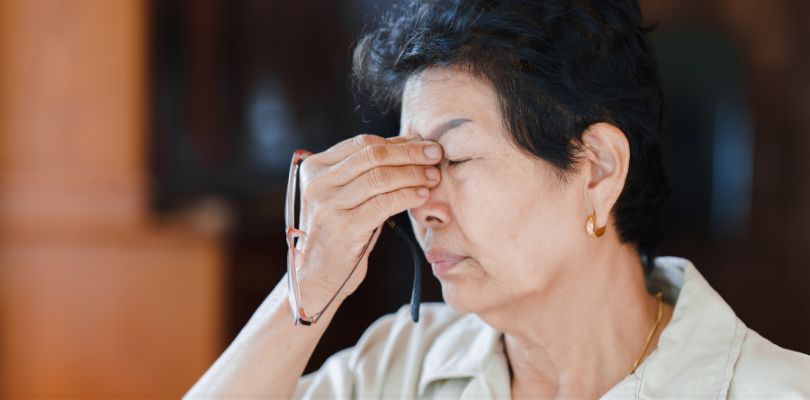Treatments for Age-Related Macular Degeneration (AMD)
As AMD progresses, it can lead to vision loss, impacting daily life. Fortunately, new treatments are available like Eylea, a drug used to treat wet age-related macular degeneration (AMD).
Eylea
Eylea is designed to stop VEGF from affecting the eye, which can help control and even improve vision in some cases. Typically, Eylea is injected into the eye by a doctor every few weeks. Over time, the doctor may adjust the frequency based on your response to the treatment. Eylea has been highly effective for many people with wet AMD and is one of the most recommended treatments.
Do you know the signs of breast cancer? Read on to learn about what to look out for so you can get an early detection.
Anti-VEGF Injections
One of the primary treatments for wet AMD is anti-VEGF injections. VEGF stands for vascular endothelial growth factor, which is a protein that causes abnormal blood vessels to grow under the retina. These abnormal vessels can leak, causing damage to vision. Anti-VEGF injections block this protein, helping prevent further vision loss.
Photodynamic Therapy (PDT)
Photodynamic therapy is another option for treating AMD, especially for people who may not respond to anti-VEGF injections alone. In PDT, a light-sensitive drug is injected into a vein in your arm. Once the drug reaches the eye, a doctor uses a special laser to activate it. This helps close off abnormal blood vessels without harming healthy tissue. PDT is not used as often as anti-VEGF injections, but it can be beneficial when used together with other treatments.
Laser Therapy
Laser therapy is another treatment option for AMD, though it’s not as commonly used today. It involves using a laser to target and seal off the abnormal blood vessels in the eye. Laser therapy can help prevent further leakage and damage. However, it may cause some scarring, which is why it is generally used when other treatments aren’t suitable.
New Medications and Research
Researchers are constantly exploring new treatments for AMD, with a focus on slowing down or even reversing the effects of vision loss. Some new medications and gene therapies are in development, which may offer more effective or less invasive options in the future.
Lifestyle Changes to Support Eye Health
While lifestyle changes aren’t a cure, they can play a role in supporting eye health and possibly slowing down AMD progression. Here are some tips that may help:
- Eat a diet rich in leafy greens and colorful fruits and vegetables.
- Take eye health supplements if recommended by your doctor, especially those containing vitamins C, E, zinc and lutein.
- Avoid smoking, as it is a significant risk factor for AMD.
- Wear sunglasses to protect your eyes from UV damage.
From Blurry to Bright
AMD can be challenging, but treatments like Eylea injections, photodynamic therapy and laser therapy provide options for managing the condition. By seeking early treatment and making lifestyle adjustments, many people with AMD are able to maintain better vision for longer.







